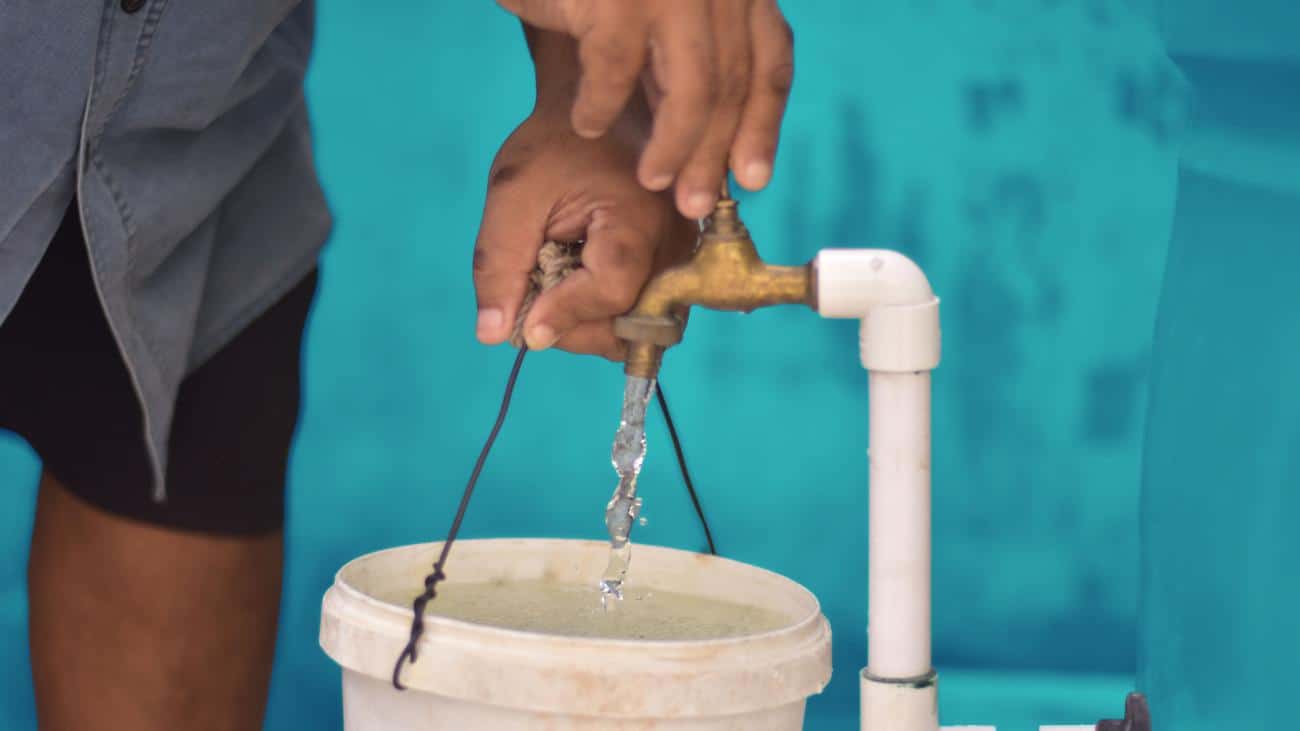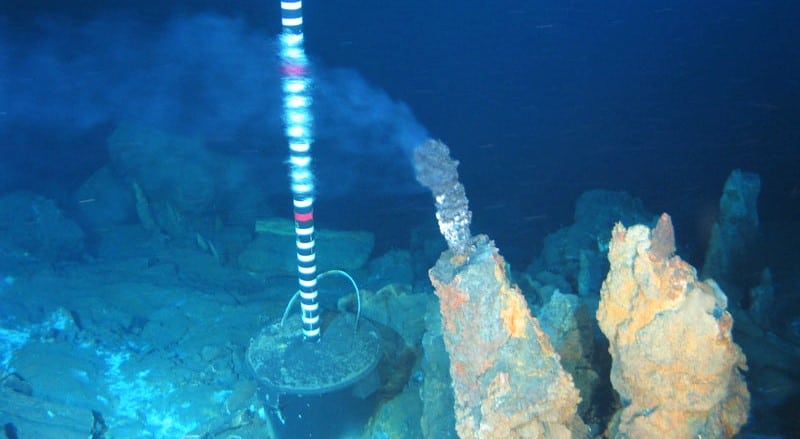33 percent of Solomon Islands population have no access to basic drinking water amongst lowest in world

1 day ago
A new report on access to water in Solomon Islands shows steadily declining numbers since 2000s with 33 percent of the current population having no access to basic drinking water and 65 percent being deprived of basic sanitation systems
According to the Community Water Management Plus PAcWaM report released today these statistics are inflated in rural areas where 35 percent of the community depend on unprotected and difficulttoaccess drinking water and 82 percent use unhygienic and inadequate sanitation services
The report states that the Solomon Islands are in the lowest 20 countries for rural access to basic drinking water globally
Inadequate access to safe water contributes to both communicable and noncommunicable diseases enhancing the spread of infection and exacerbating food insecurity and malnutrition the report states
It notes that Inadequate water and sanitation underlie many critical public health issues in Pacific Island countries including diarrhoea typhoid leptospirosis malnutrition and respiratory infections Insufficient and poorquality water and sanitation during childhood can lead to longterm health and developmental issues
For example childhood stunting and wasting occurs in 8 percent Fiji 29 percent Vanuatu and 33 percent Solomon Islands of children under 5
According to the report of the fourteen countries and territories typically classified as PICs only Papua New Guinea experiences lower access to clean drinking water than Solomon Islands
The report points out that in the Solomon Islands many WCs struggle to effectively operate and maintain their water supply system due to a range of factors including inactive WCs insufficient finances a lack of water feefundraising for spare parts and sometimes limited technical capacity In short despite the introduction of the community engagement training most WCs in Solomon Islands remain reactive rather than proactive and largely fail to fulfil their responsibilities as detailed in the governments RWASH policy see belowWater committees typically face the following barriers in attempting to achieve durable longterm water system functionality
Delivery systems designed for single sources of water
Lack of community training in operation and maintenance
Lack of clear management responsibility
Lack of followup support from implementing agencies for
Meanwhile in the Solomons the key government stakeholders involved in rural water delivery in Solomon Islands The rural WASH sector is the responsibility of the Rural WASH Programme RWASH situated within the Environmental Health Division EHD which has four units and sits at the national level of the Ministry of Health and Medical Services MHMS
EHDs primary task is to protect and promote a healthy environment to sustain resilient and healthy communities and is also responsible for coordinating requests and projects between local communities and other stakeholders eg the MHMS and NGOs as well as overseeing monitoring and evaluation activities
The National Rural Water Supply Sanitation and Hygiene RWASH Programme regulates the dispersal of national funding materials and labour towards rural WaSH projects often through the development of selection criteria to prioritise such actions
Alongside the MHMS RWASH establishes national water and sanitation standards and appropriate community training campaigns
The RWASH must also coordinates with the National Disaster Management Office Church groups and the Ministry of Education and Human Resource Development for the implementation of proactive WaSH interventions and timely response to new hazards in water management
The Ministry of Mines Energy and Rural Electrification MMERE is responsible for the overall management and regulation of the water resources while the MHMS through the Environmental Health Division RWASH unit and Rural WASH Programme are responsible for the provision of safe water supply and monitoring sanitation conditions for the rural population RWASH coordinates the sector and regulates infrastructure
Reporter Ib
SBM Online/ Pacnews
Relevance news

Todd Golden explains Walter Clayton Jr. and his importance to Florida
4 hours ago

Washington lands former Rutgers center Lathan Sommerville in transfer portal
4 hours ago

Shaq's son Shaqir O’Neal commits to play for father's former enemy
4 hours ago

Kilauea erupts high lava fountains in 16th episode
4 hours ago

What surviving an IED taught me about being a stand-up comedian
4 hours ago

Mass layoffs of 10,000 staffers begin at U.S. health agencies
4 hours ago

Eagles head coach Nick Sirianni reveals how he really feels about Super Bowl winners' Trump visit
4 hours ago

Oliver Stone calls for reinvestigation of JFK's killing
1 day ago

PSG rally past Dunkerque into French Cup decider
1 day ago

Papua New Guinea’s Peter To Rot to be canonised as first Melanesian saint
1 day ago

Embraer E190 Brisbane-Port Vila route will add 150,000 seats annually with three weekly flights alongside Jetstar
1 day ago

Capital Investment Immigration Plan money used for Airbus purchase safe: Vanuatu Government
1 day ago

Financial desperation is driving TMC’s reckless push to bypass International law inbox
1 day ago

Fiji Business Briefs
1 day ago

33 percent of Solomon Islands population have no access to basic drinking water, amongst lowest in world
1 day ago

‘Playing gods with the cradle of life’: French Polynesia’s president issues warning over deep-sea mining
1 day ago
Popular news

4 hours ago
Todd Golden explains Walter...

4 hours ago
Washington lands former Rutgers...
Ads

Test ad
Test ad

4 hours ago
Shaq's son Shaqir O’Neal...

4 hours ago
Kilauea erupts high lava...

4 hours ago
What surviving an IED...